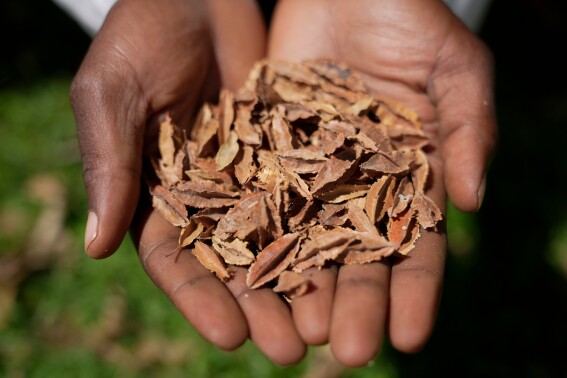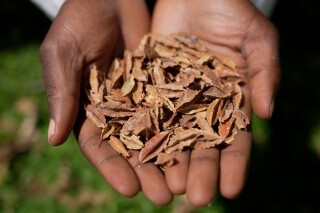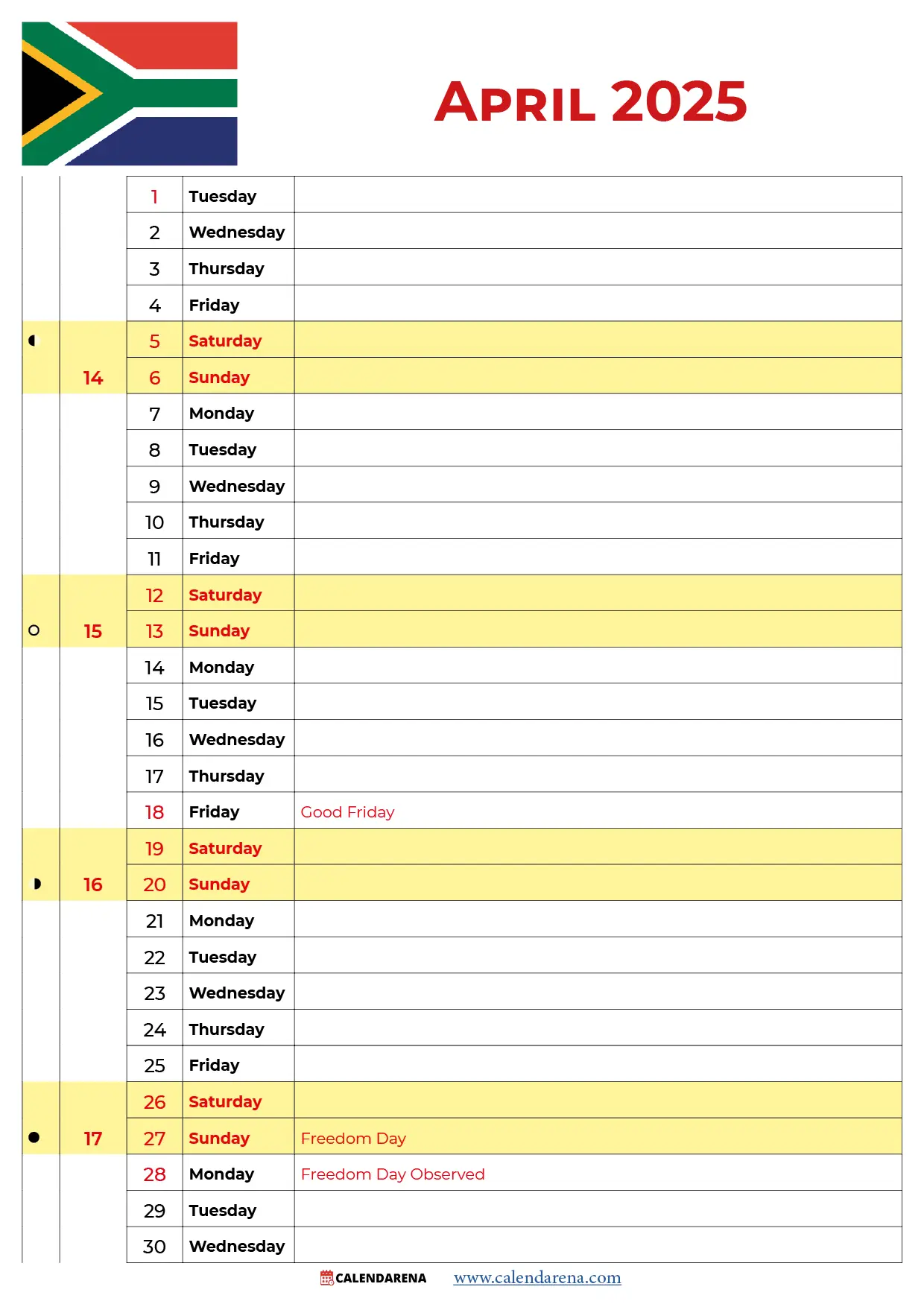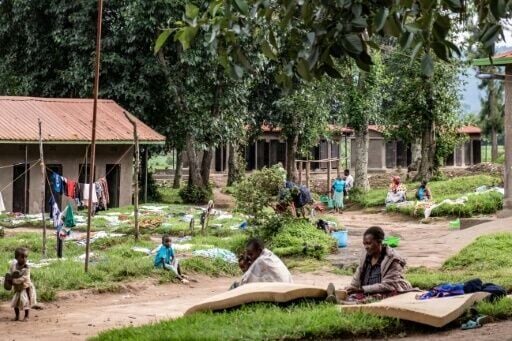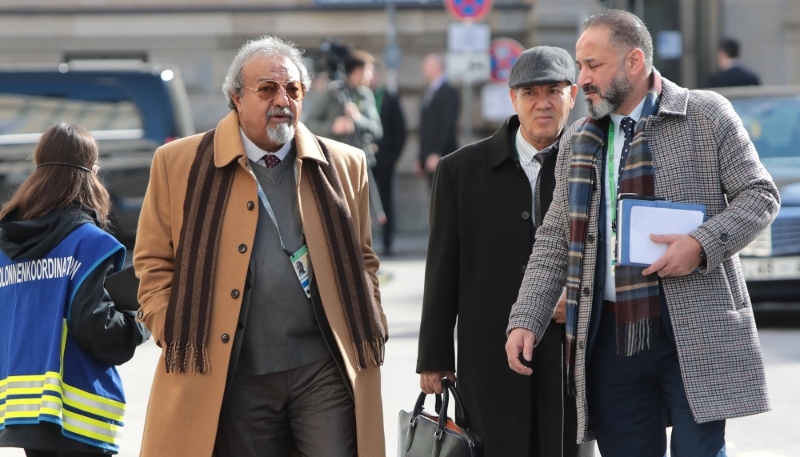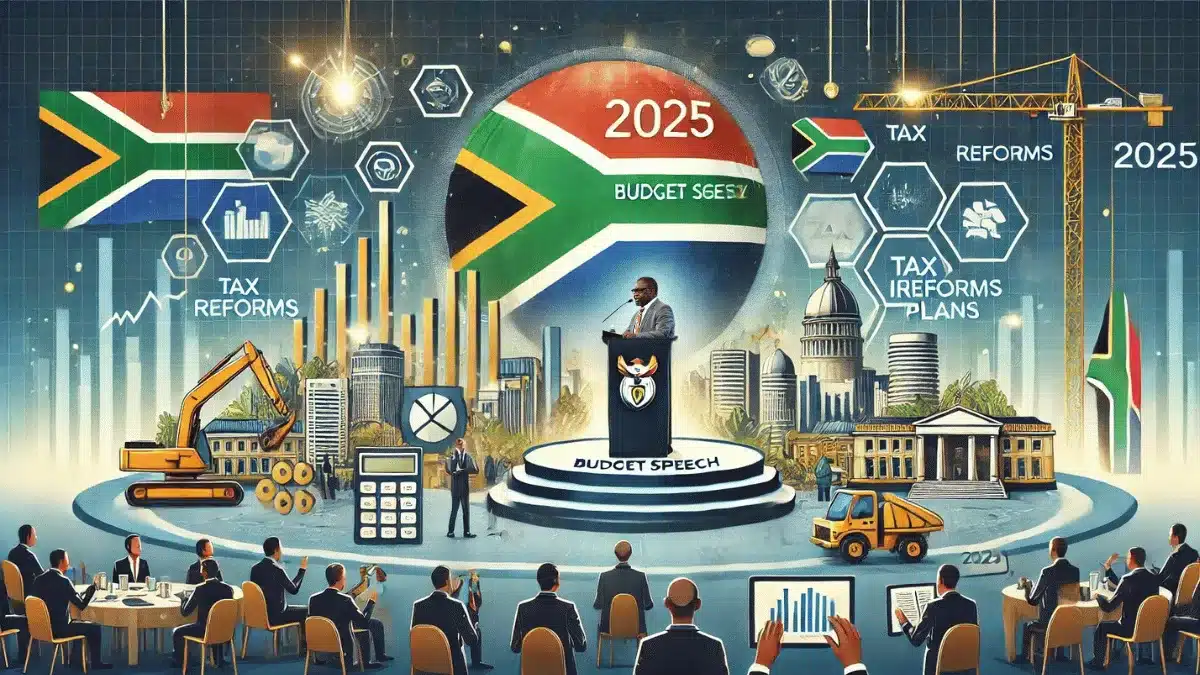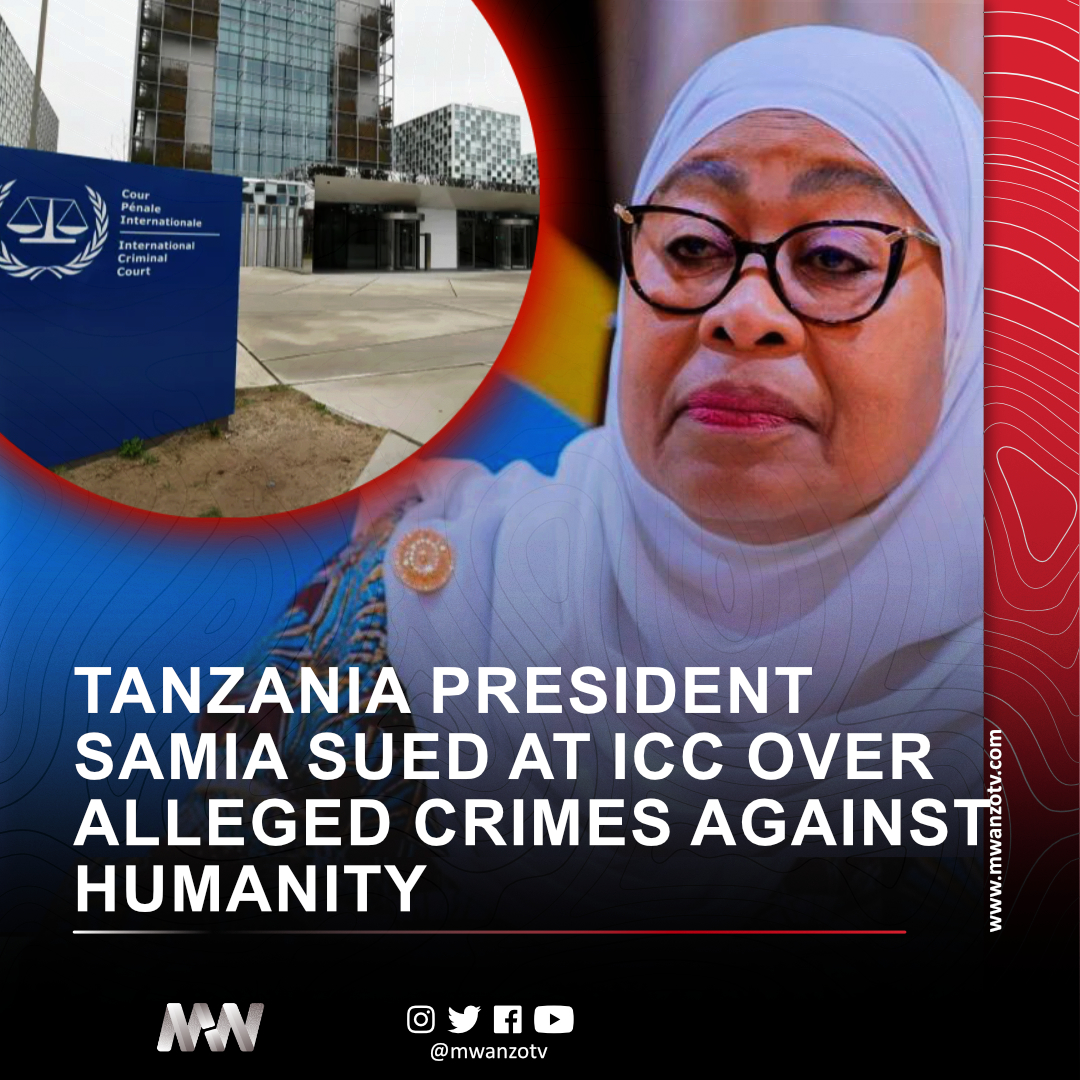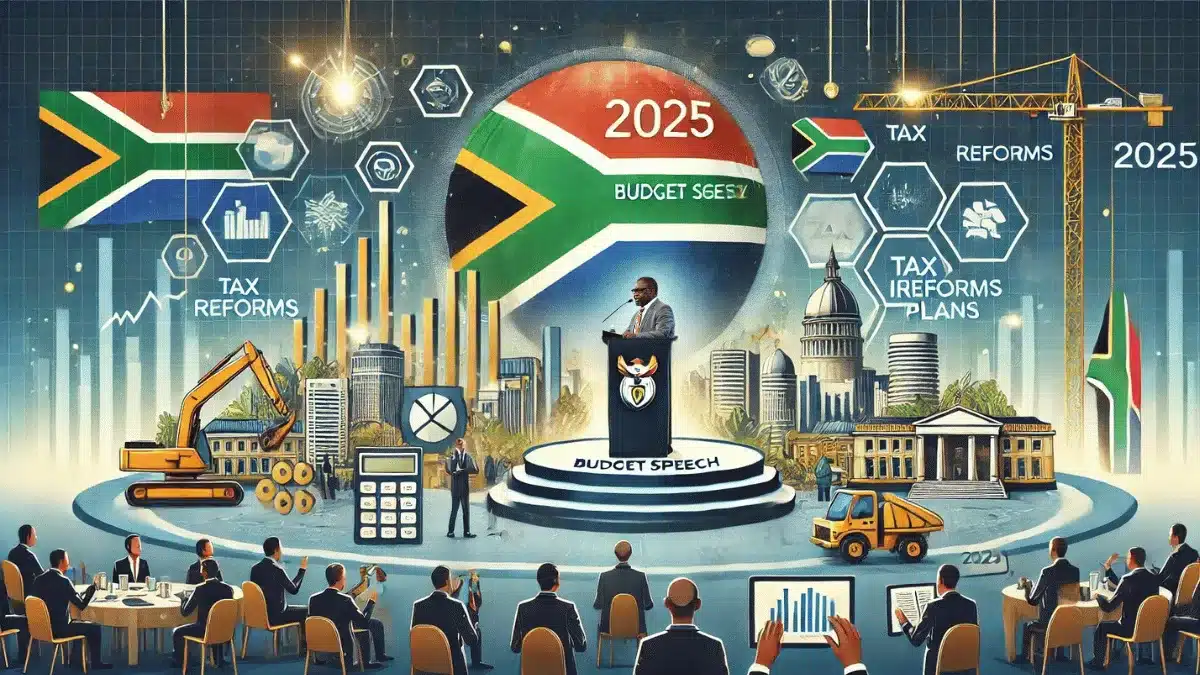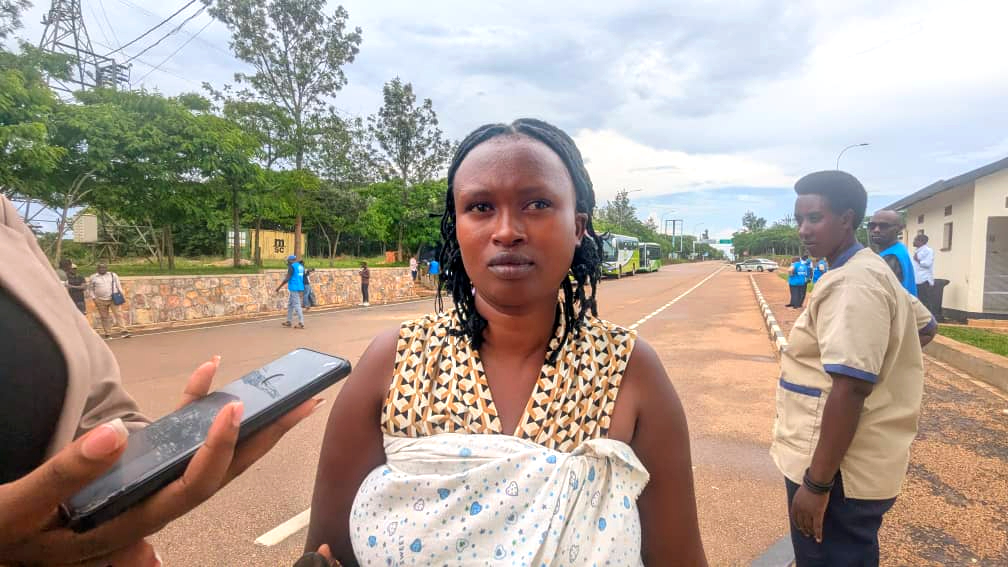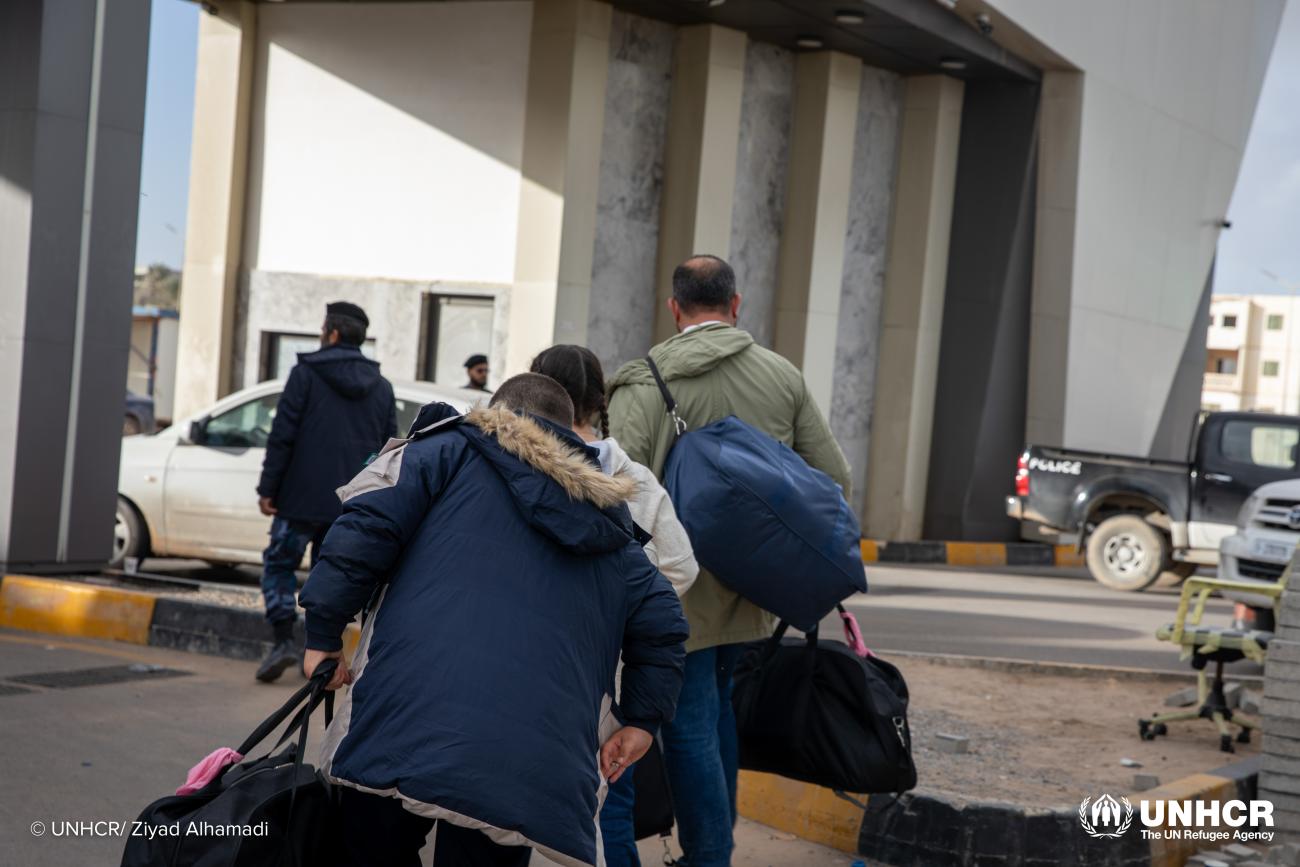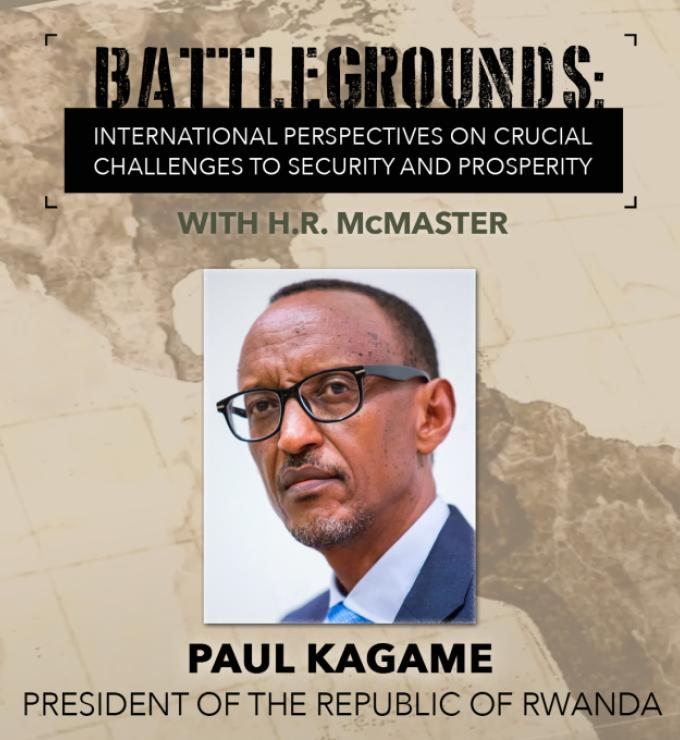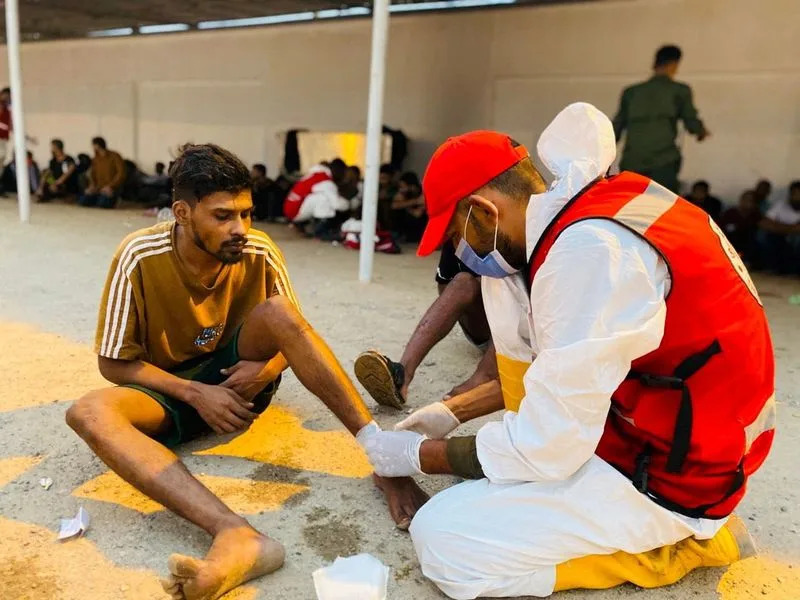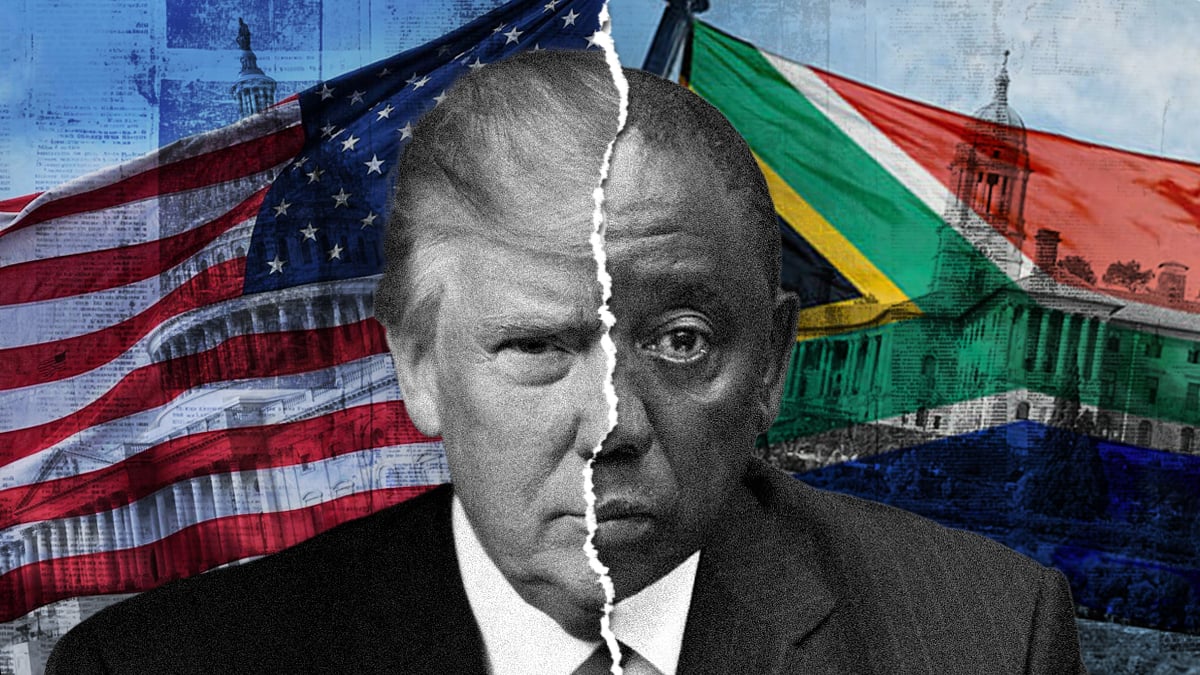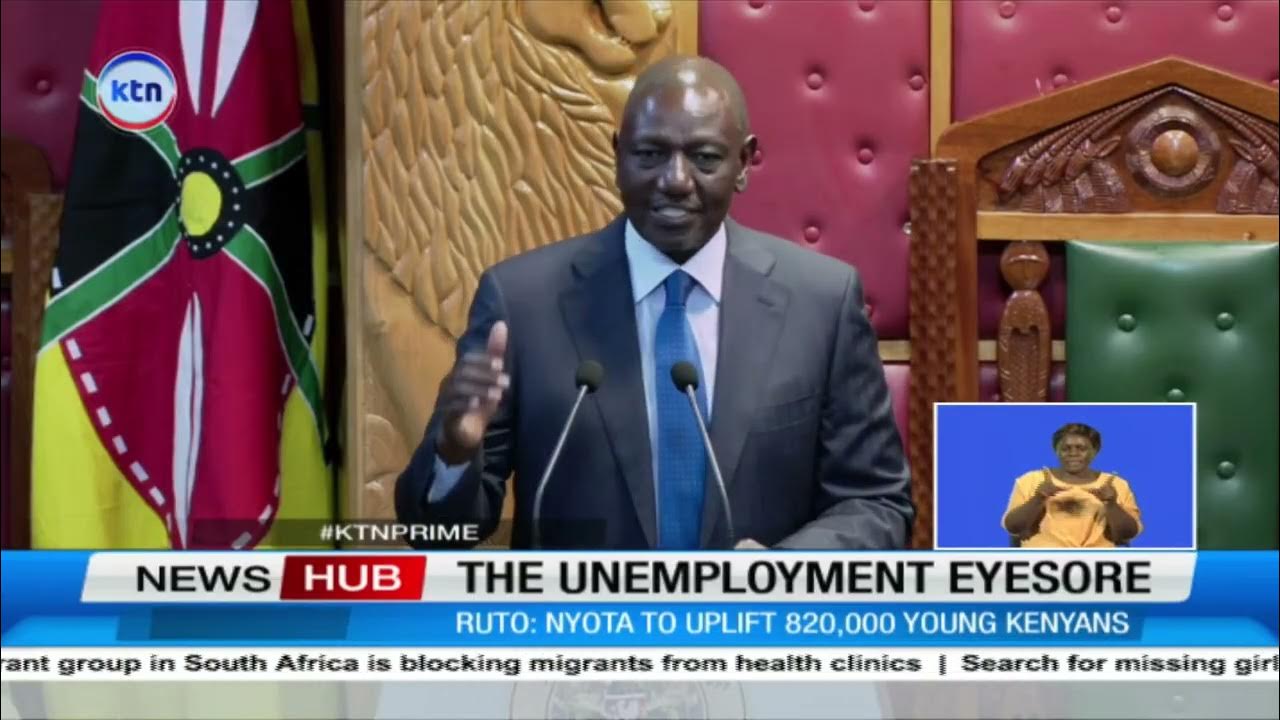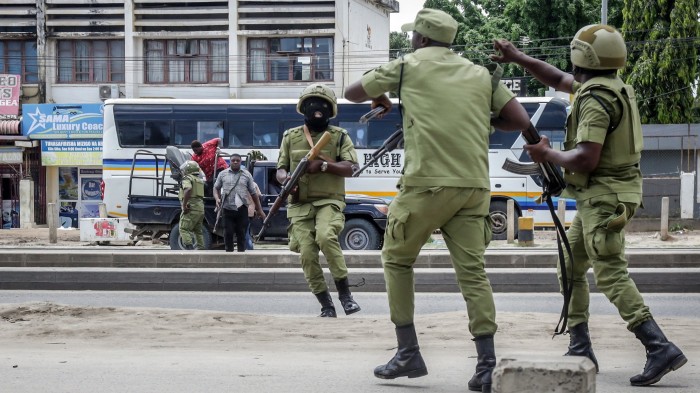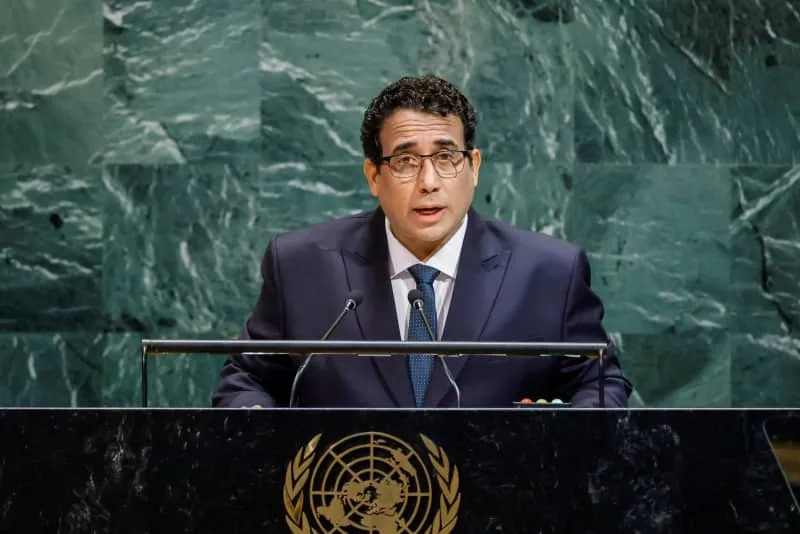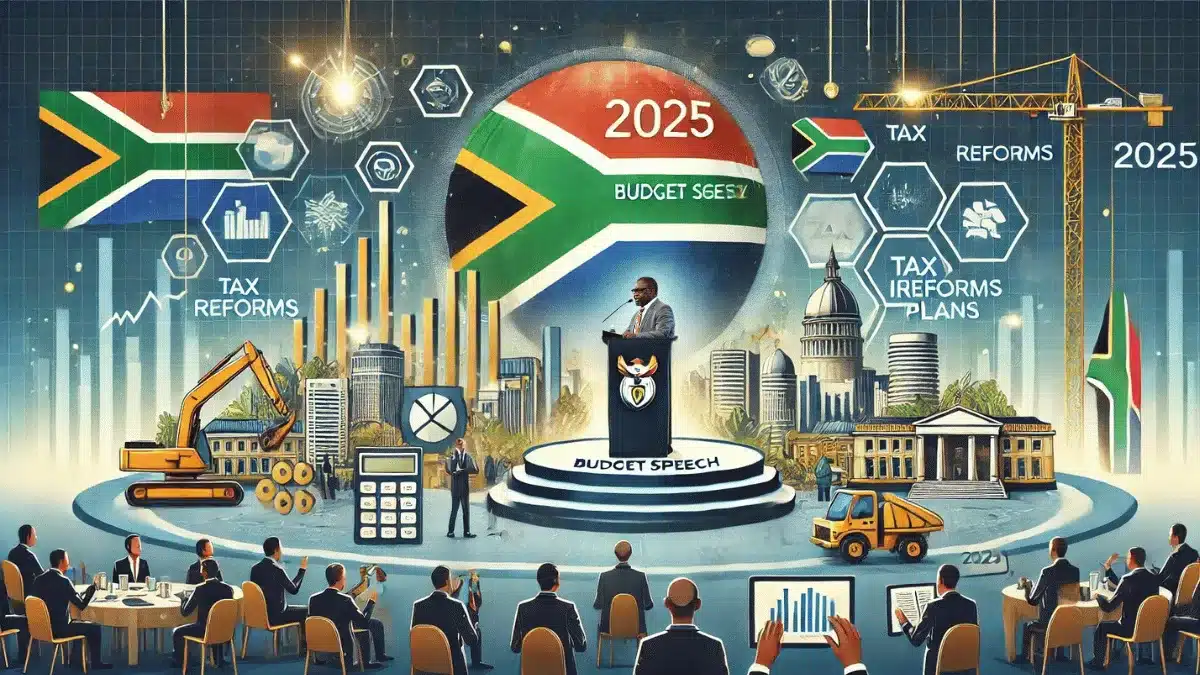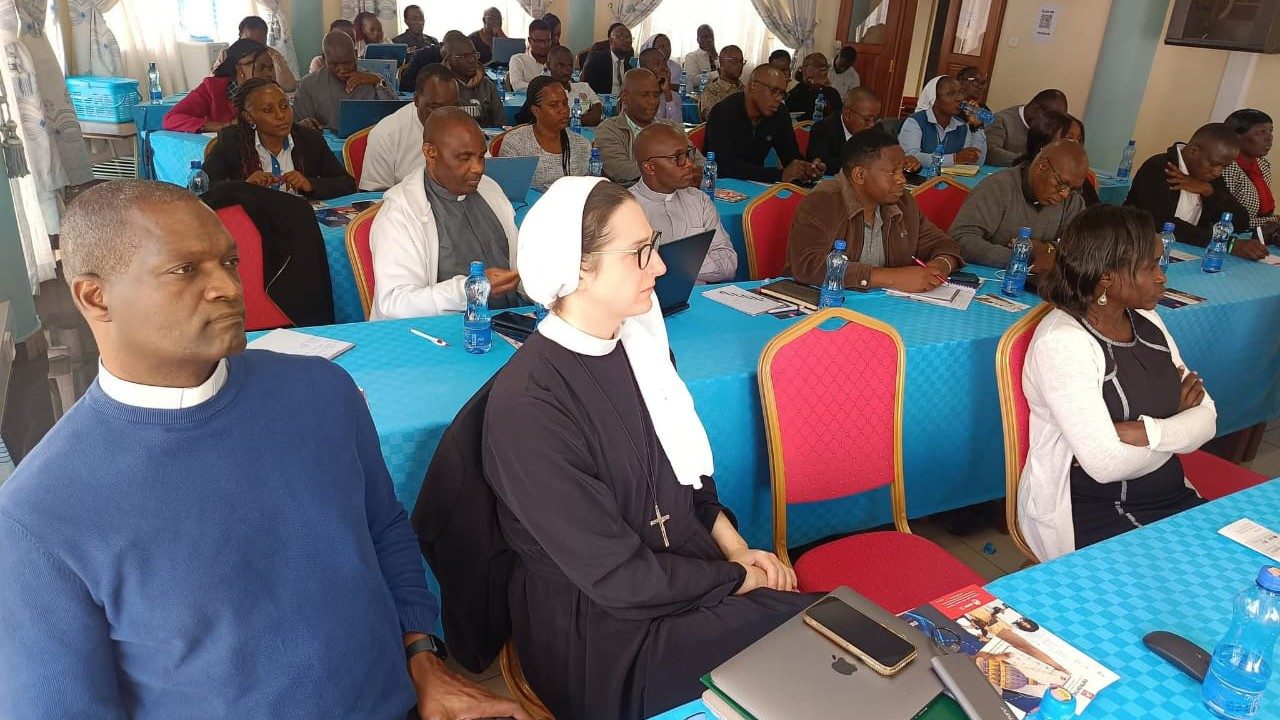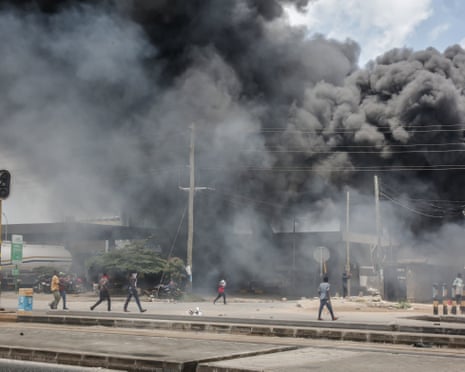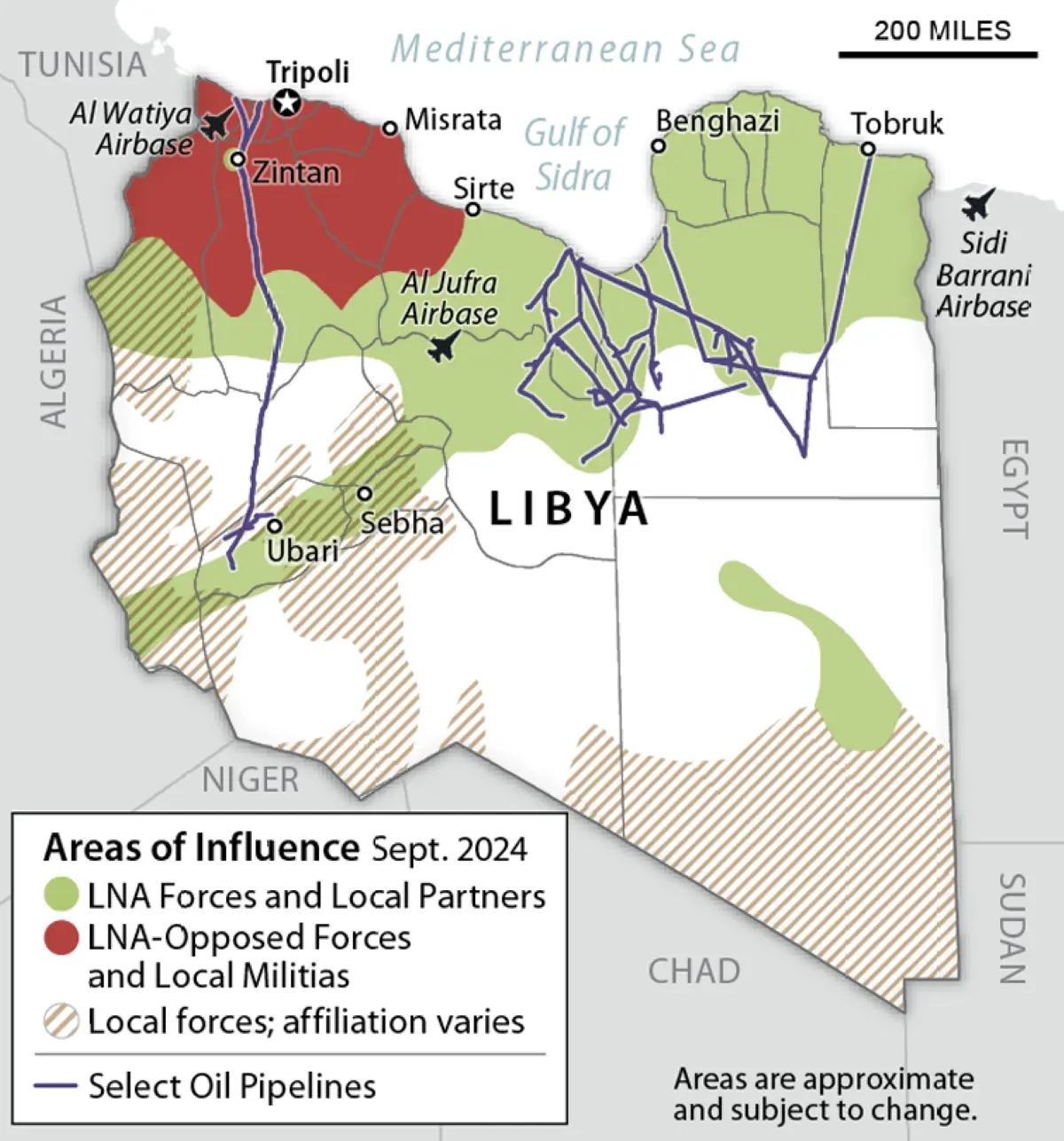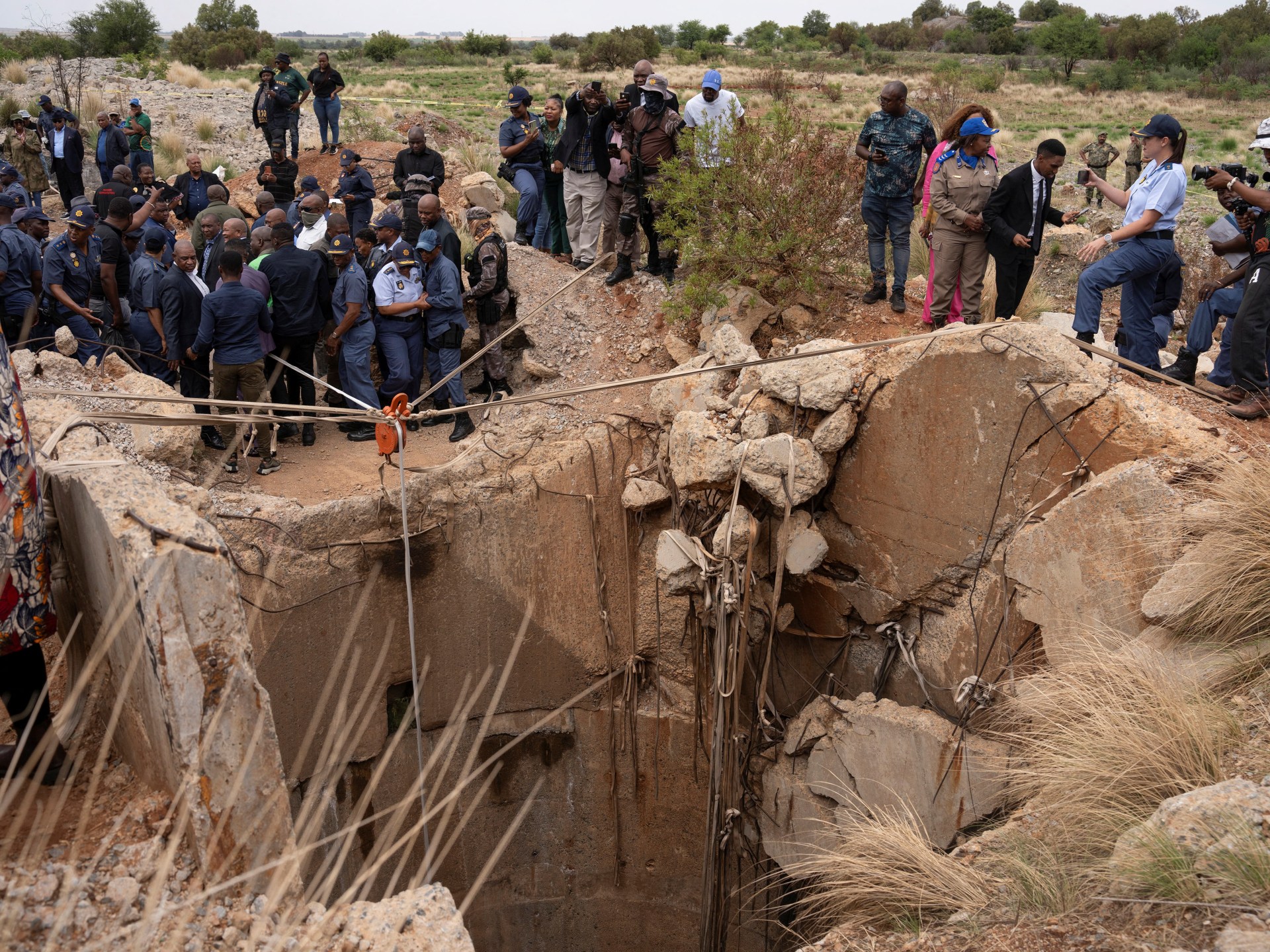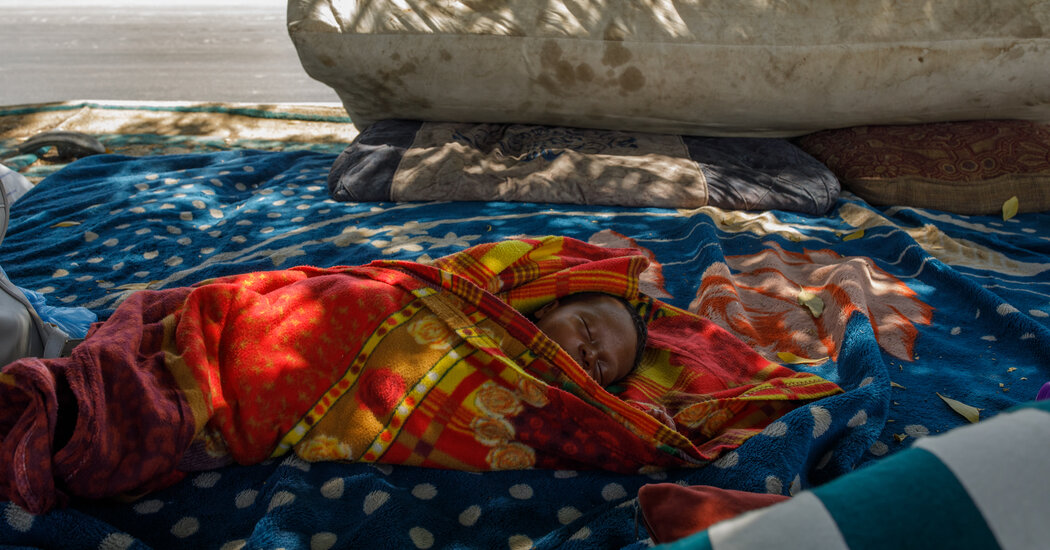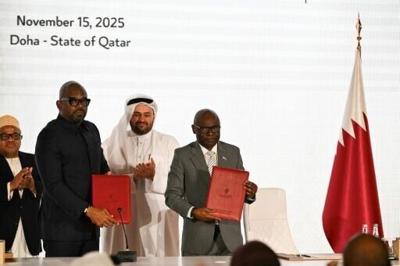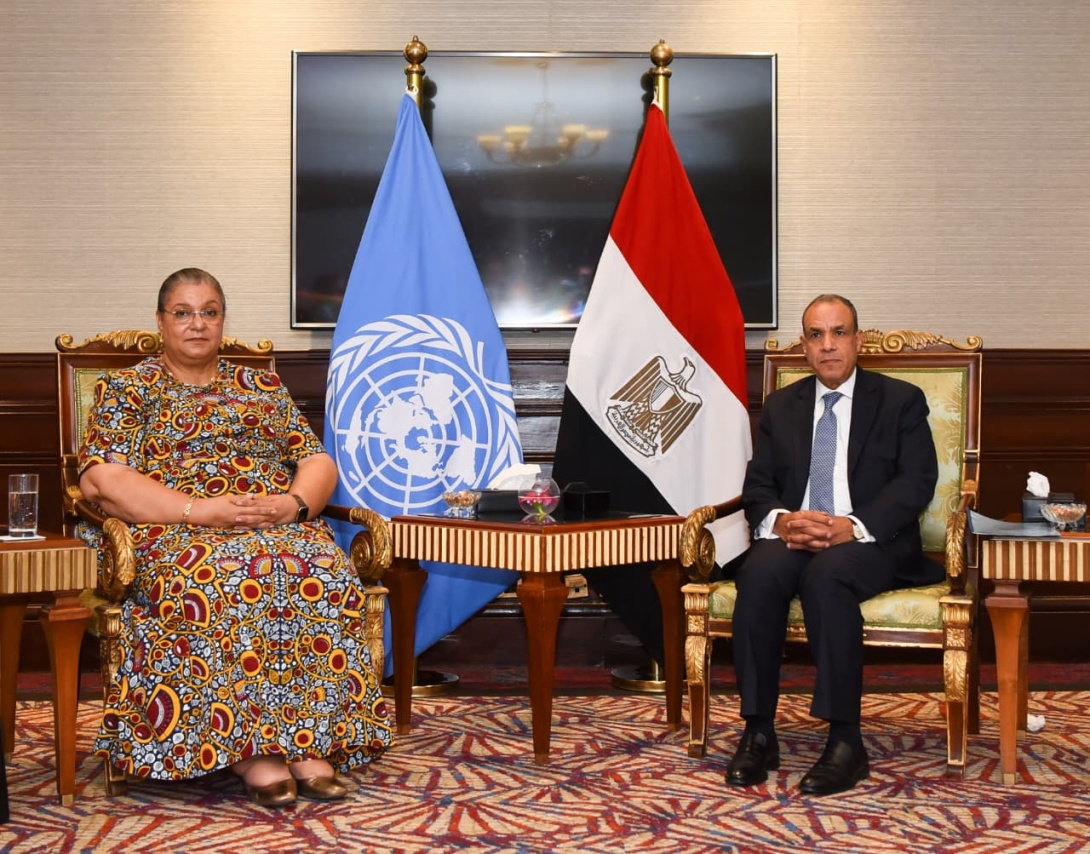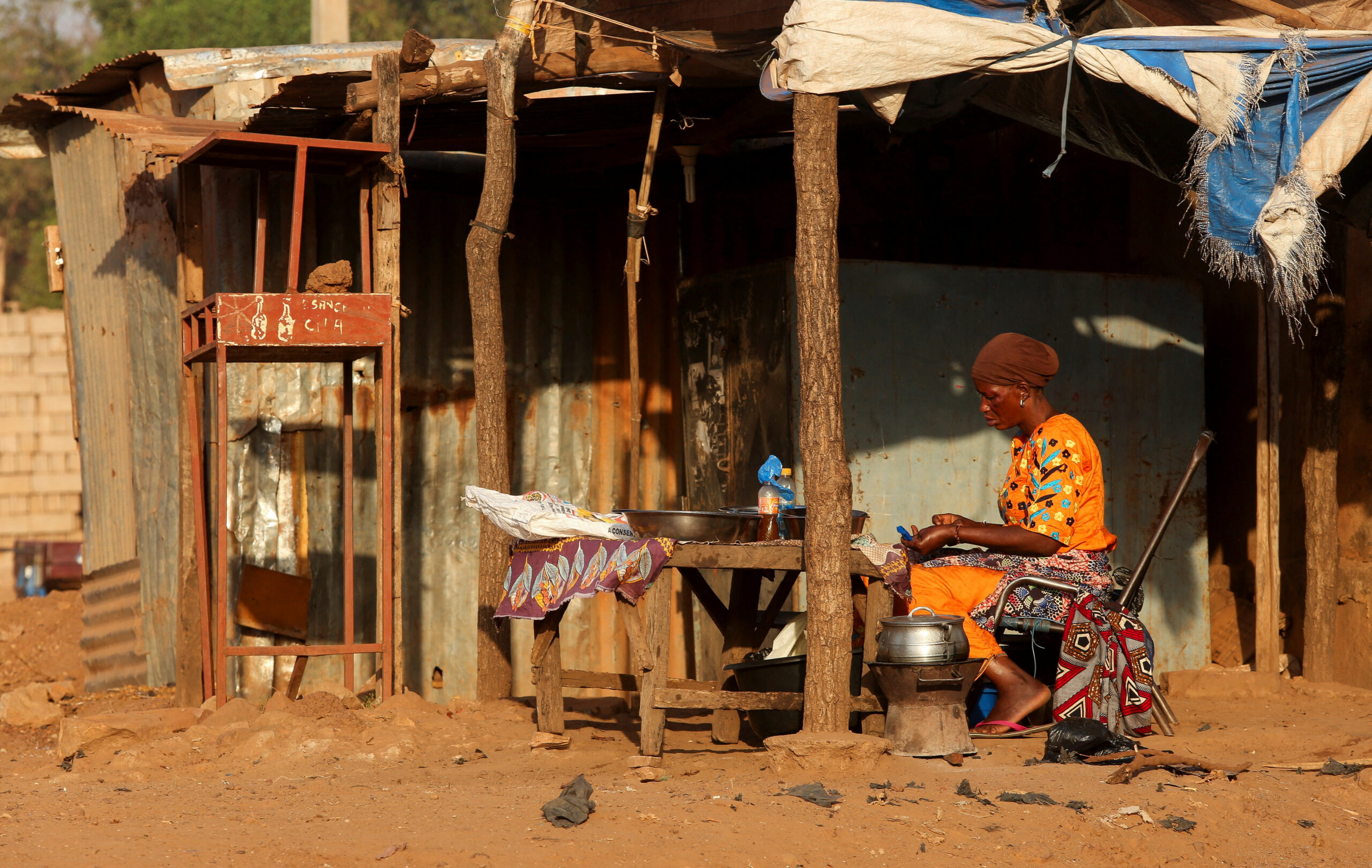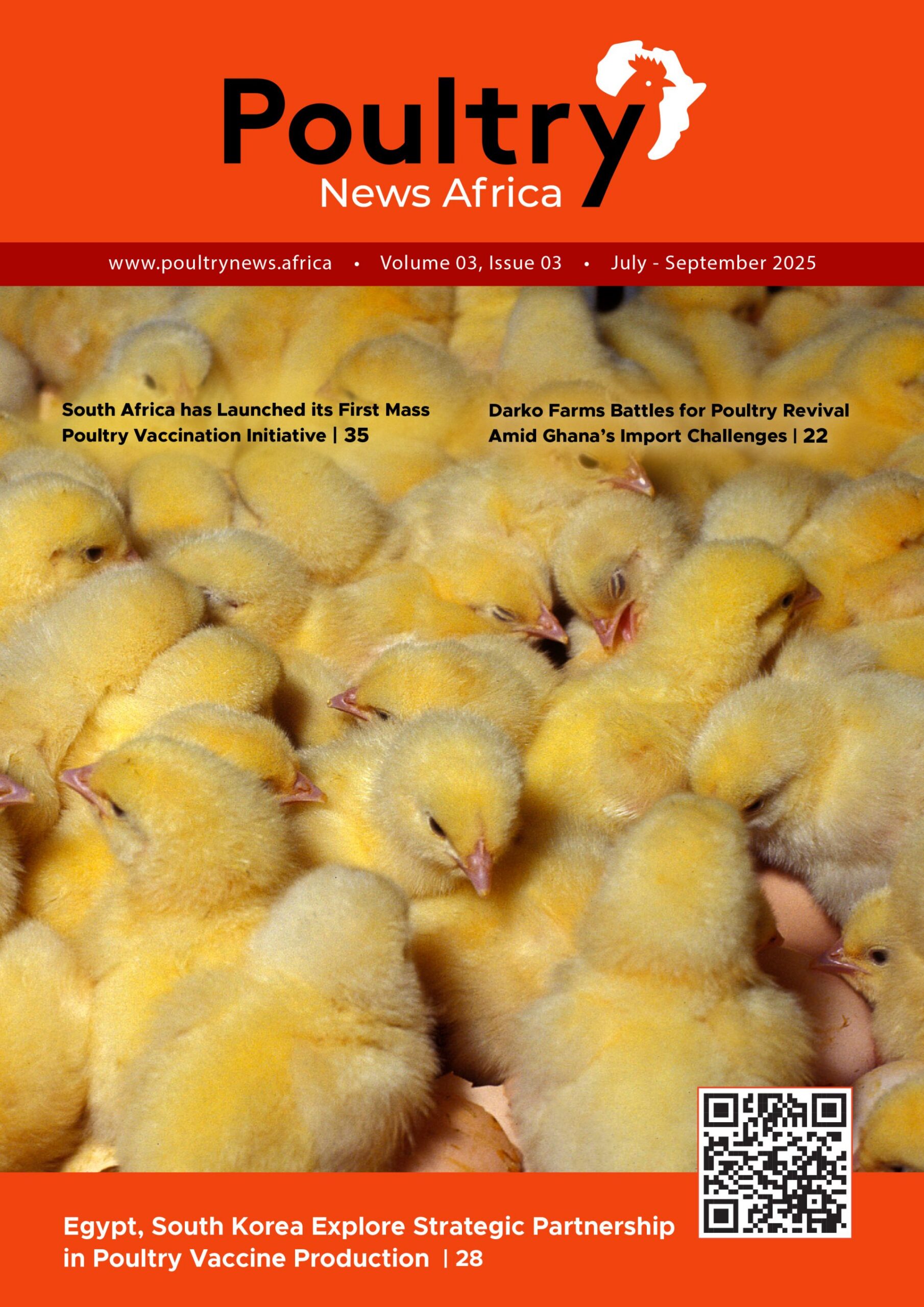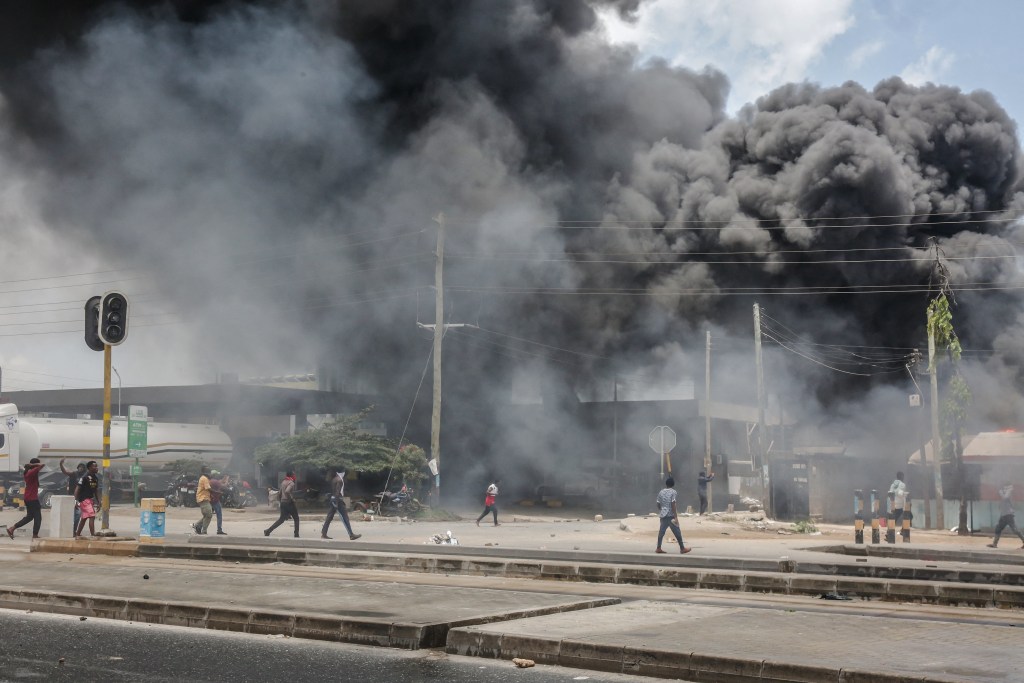
South Africa at a Crossroads: A Nation Forging Its Future Amidst Legal Battles and Digital Transformation
South Africa stands at a pivotal moment, a vibrant nation wrestling with both incredible opportunity and enduring challenges. We’re seeing a fascinating mix of urban revival, rapid technological expansion, and significant legal battles unfolding right now, shaping the country’s future in real time. Take the courtroom drama in Durban, for instance. It’s impossible to ignore the echoes of the Zuma political legacy as Duduzile Zuma-Sambudla, former President Jacob Zuma’s daughter, faces terrorism-related charges. She’s pleaded not guilty to allegations tied to incendiary social media statements made four years ago, when violent protests, some of the deadliest in recent memory, rocked the nation after her father’s arrest. This trial isn’t just about one family; it spotlights the deep societal cracks that remain, influencing today’s political landscape and reminding everyone of the volatility that can spark unrest. It certainly shows a judiciary ready to tackle high-profile cases, no matter who’s involved. You can read more about the trial from BBC Africa. Meanwhile, a more optimistic picture is emerging from South Africa’s cityscapes. The country has embarked on an ambitious urban renewal journey, aiming to transform struggling cities into dynamic economic powerhouses. A huge boost came recently when the World Bank approved a $925 million loan, a key part of a six-year initiative. This significant funding, expected to triple with government and private investment, will drive projects to upgrade infrastructure, improve service delivery, and spark economic growth. Experts believe these are crucial steps in addressing the very issues that often fuel social unrest and economic inequality, paving the way for a more stable and prosperous future. The country is indeed advancing in urban renewal and agricultural innovation, even amidst these social tensions.
Beyond the cities, South Africa’s foundational economic pillars, mining and telecommunications, are seeing exciting advancements. Ironveld, a major player in the mining sector, is making strides at its Dense Media Separation processing facility, refining valuable magnetite iron ore. Improvements in these technologies aren’t just boosting productivity; they’re also solidifying South Africa’s position as a competitive force in the global minerals market, creating jobs and fostering industrial growth. Simultaneously, the digital landscape is rapidly evolving. We’re seeing telecommunications networks expand, connecting more communities and businesses, offering better access to quality internet services, which we know is fundamental for digital inclusion and a more diverse economy. Plus, the rollout of 5G networks and AI-powered solutions across South Africa and its neighbors is really accelerating industrial digital transformation, empowering sectors from manufacturing to services to leverage smarter, faster, and more efficient technologies. It’s a clear sign of Africa’s tech renaissance in full swing. These technological leaps are also reshaping how people travel, a sector absolutely vital to South Africa’s economy. A recent study, for instance, showed a huge appetite for travel in 2026 among South Africans, with many embracing AI tools for trip planning. Travelers are seeking out luxury experiences and journeys driven by personal passions, a trend that points to a new era where innovation meets lifestyle. This could potentially open up markets for sophisticated travel services and give a significant boost to the hospitality industry’s recovery and future growth.
So, what does all this mean for South Africa? It’s a nation skillfully balancing its rich, often complex heritage with a strong drive toward modernization. While the trial of Duduzile Zuma-Sambudla serves as a stark reminder of the legal and political tests the country must still navigate, there’s an undeniable, determined spirit to rebuild cities, upgrade crucial industries, and harness digital technologies. This forward-looking approach is visible among policymakers, businesses, and everyday citizens alike. Looking ahead, the dynamic interplay between justice, urban revitalization, technology adoption, and cultural shifts paints a picture of a transformation story truly worth watching closely. If these bold initiatives can foster inclusive growth and greater social cohesion, South Africa won’t just emerge stronger and more united from its current crossroads; it could set an inspiring example for the entire continent. Indeed, South Africa faces challenges and triumphs in its journey.


